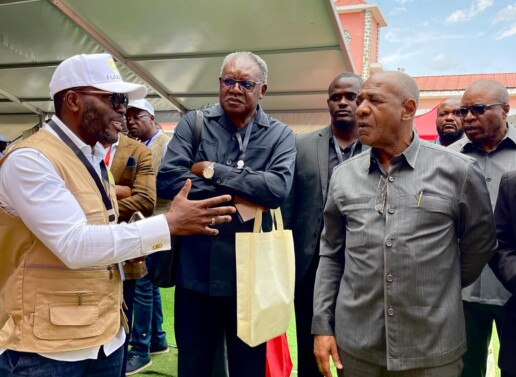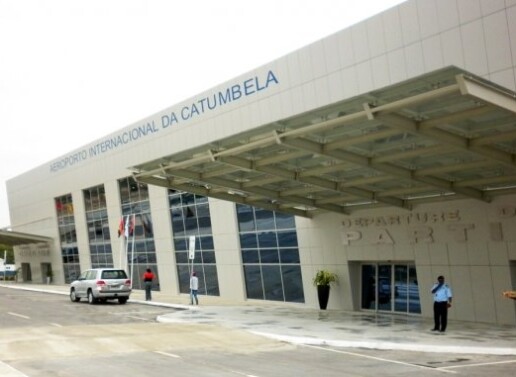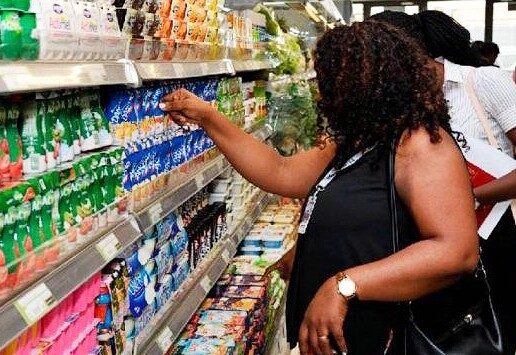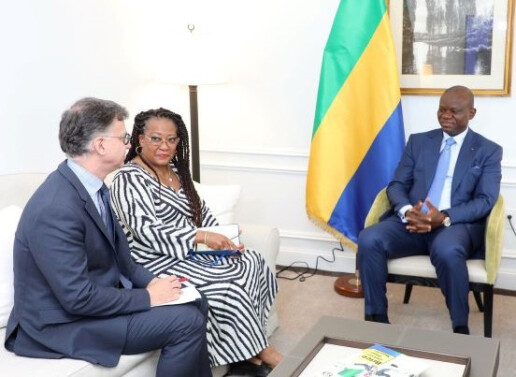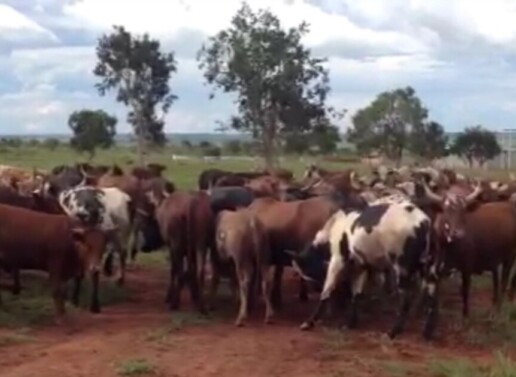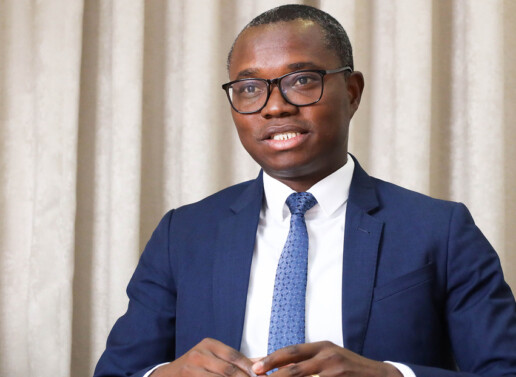Money is leaving the country through money laundering and over-invoicing, apparently via the banking system, according to specialists, since the kwanza is not a convertible currency. The chief economist of the African Development Bank (AfDB) warns that this represents “a great deal of wealth” and recommends improvements in the efficiency of the State Budget. The AfDB report indicates that per capita wealth is falling sharply and may compromise the future of upcoming generations.
Around 1.2 billion dollars leave the country illicitly each year on average, while “inefficient expenditures” represent budgetary waste of about 1.3 billion dollars annually.
These figures were presented in Luanda by the chief economist of the African Development Bank (AfDB), Joel Daniel Muzima, citing data from the United Nations Industrial Development Organization (UNIDO).
“About 1.2 billion dollars have been leaving the country as illicit financial outflows from our economy annually, on average. That’s a lot of wealth,” explained the AfDB’s chief economist, while also pointing to other significant leakages. “On average, around 1.3 billion dollars have been spent in a not very efficient way,” said Joel Daniel Muzima during the presentation of the
2025 Focus Report, published by the AfDB last Friday, the 27th, at the Faculty of Economics of the Agostinho Neto University (UAN).
The director of the Center for Social and Economic Research at UAN, Fernandes Wanda, expressed being “concerned” by the revelation that official channels are being used for the outflow of illicit resources.
“The kwanza is not a convertible currency, so for these flows to occur, they must go through formal financial circuits — in this case, the banking system,” he noted, defending the need to “improve control” by the Financial Intelligence Unit. “If we add 1.3 billion and 1.2 billion dollars, we have money to finance our economy as desired,” he calculated.
WEALTH IS DECLINING AND FUTURE GENERATIONS AT RISK
The report titled “Make Angola’s natural capital work better for its development” reveals the “abrupt manner” in which natural resources are being exploited — particularly forest, marine, and wildlife resources.
Since 1995, Angola’s natural wealth per capita has dropped by 43%, falling from USD 8,694 to USD 4,954. The report emphasizes that this decline reflects “an unsustainable use, particularly of forests, mangroves, fisheries, and agricultural resources,” worsened by rapid population growth — a situation that puts future generations at risk as natural resources, which are fundamentally scarce, could be depleted.
Still, the country has, on average, a natural wealth estimated at USD 361 billion, according to AfDB data — up from USD 200.237 billion in 1995.
The bank’s chief economist advocates for the transformation and local use of exploited resources in order to create value chains, and ultimately wealth for the population.
“We must develop value chains. It’s not enough to continue exporting our raw production — we need to add value internally. For that, we need industries, and to have industries we need energy and infrastructure to bring power to factories. It’s a process that must be developed and requires resources. That’s why Angola can leverage not only AfDB, World Bank or IMF resources, but also innovative financing such as partial credit guarantees, risk capital, sustainability bonds (green bonds), and social bonds that help fund projects in education and health,” he suggests.
The document also shows that Angola’s fiscal capital remains below the regional average, measured in terms of revenue as a percentage of GDP. The country sits at 18%, while the regional average is 20%. One of the main reasons cited is the informality of the economy.
Valor Económico, 07/02/2025

